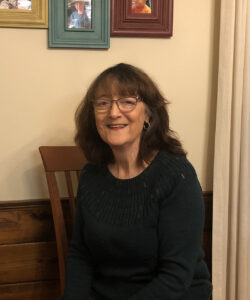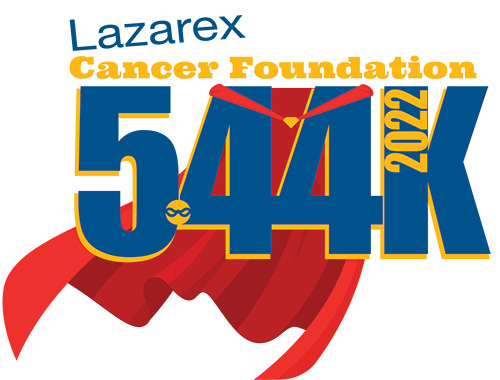70-year-old Rosemary remembers the day she received her cancer diagnosis. It was Election Day 2016 and what doctors originally thought was a sinus infection turned out to be mucosal melanoma, a rare and aggressive cancer that can occur in the mucous membranes, or moist surfaces, of areas inside the body. Rosemary had it in her nose. “I felt like I couldn’t breathe out of my left nostril”, she recalls.

By the time of her diagnosis, Rosemary’s cancer had already metastasized — she had stage 4 cancer. Her doctors recommended surgery and radiation. She did both at Massachusetts General Hospital. But the radiation wasn’t working. Rosemary turned to a doctor in New York for more radiation and immunotherapies.
“It was hard on me,” Rosemary recalls of the immunotherapy. “One gave me double vision, one took out my thyroid.”
Back at Massachusetts General Hospital, Rosemary’s doctors tried to combat the tumors which were now everywhere – her neck, her chest, her thigh, even her stomach wall.
The cancer was relentless. Nothing was working. By August 2020 it was clear she needed something more advanced.
One of Rosemary’s doctors suggested a clinical trial in which another mucosal melanoma patient was seeing some progress. But there was a catch. The trial wouldn’t be easy on her – and it would require some frequent travel. Thirty miles each way, three to four times a week for treatments and other medical appointments. It was exhausting, as Rosemary recalls, “and since this was a Phase One trial, I had so many visits. We kept needing to address side effects and change the dosing.”
Not only was it exhausting, the bills for gas and parking were adding up quickly – at a time when Rosemary had cut back on her work and her income.
Right when she needed it most, Rosemary discovered Lazarex Cancer Foundation and started receiving help with her parking and mileage costs. That simple reimbursement for gas and parking would lift the steadily rising cost burden, allowing her to focus on her health.
“I am so thankful for Lazarex,” she says. “This whole thing has made me appreciate how fortunate I am to be [part of this trial].”
Rosemary’s treatment through her clinical trial appears to be stabilizing her cancer. The tumors aren’t growing or spreading. “I’m doing well,” she says, “in fact there’s a decrease [in the tumors]. It might be working.”
Rosemary considers herself one of the lucky ones. She says faith, friends and family are abundant in her life, including her three grandchildren whom she lives with and sees everyday. She feels good knowing that her participation in the clinical trial might help someone else with mucosal melanoma down the road. “I know I am putting myself on the line not only for me but for others.”




